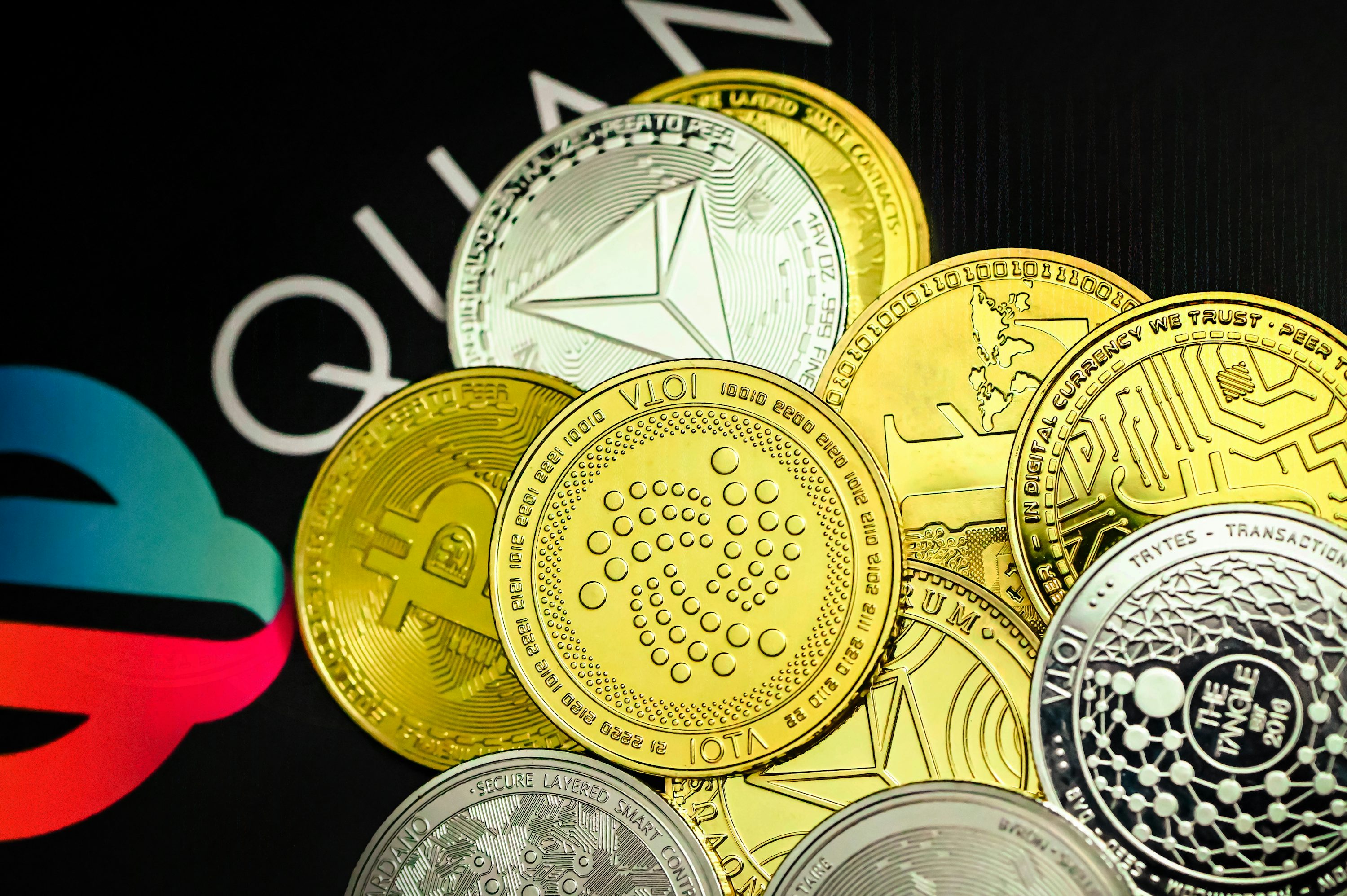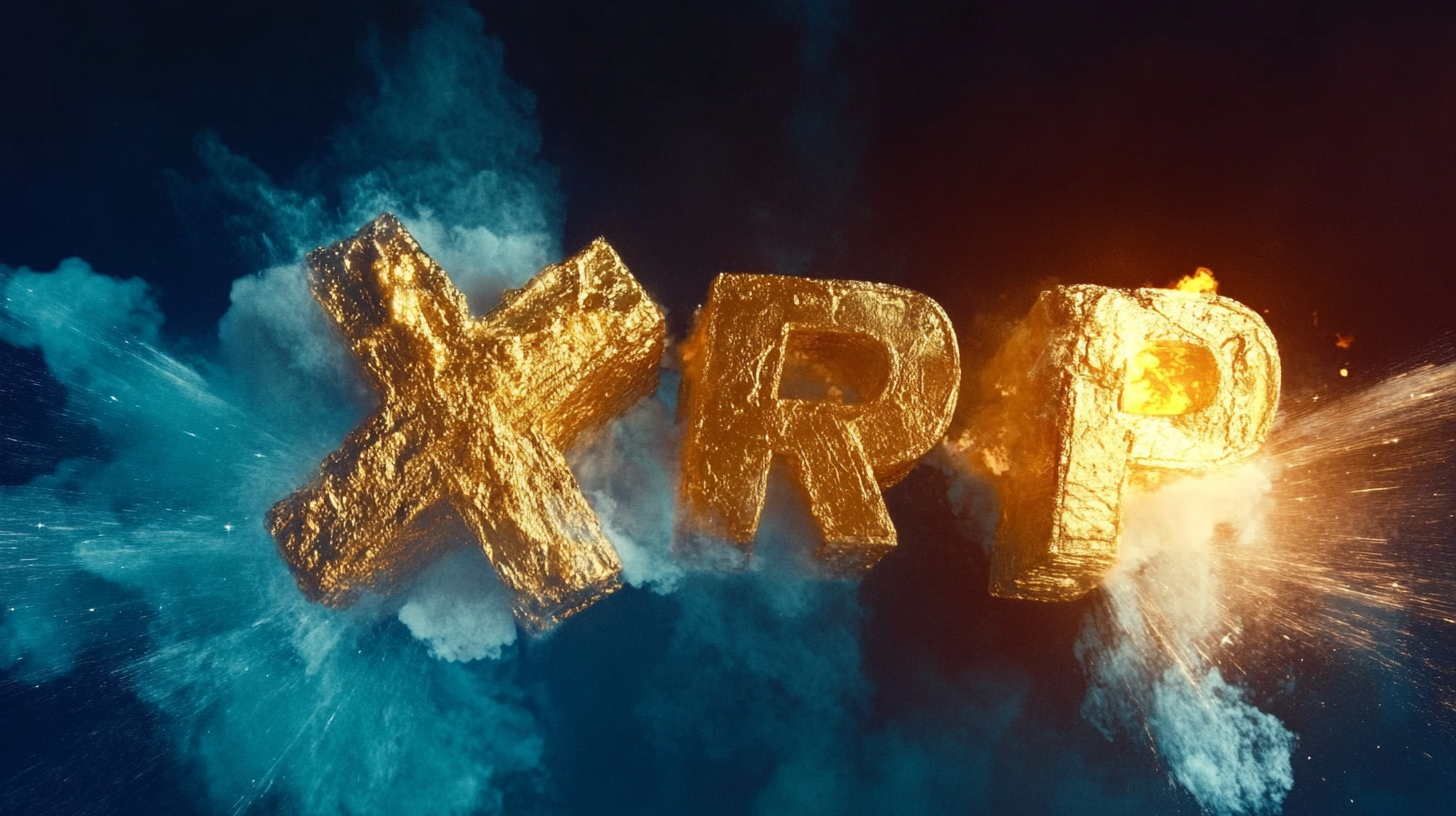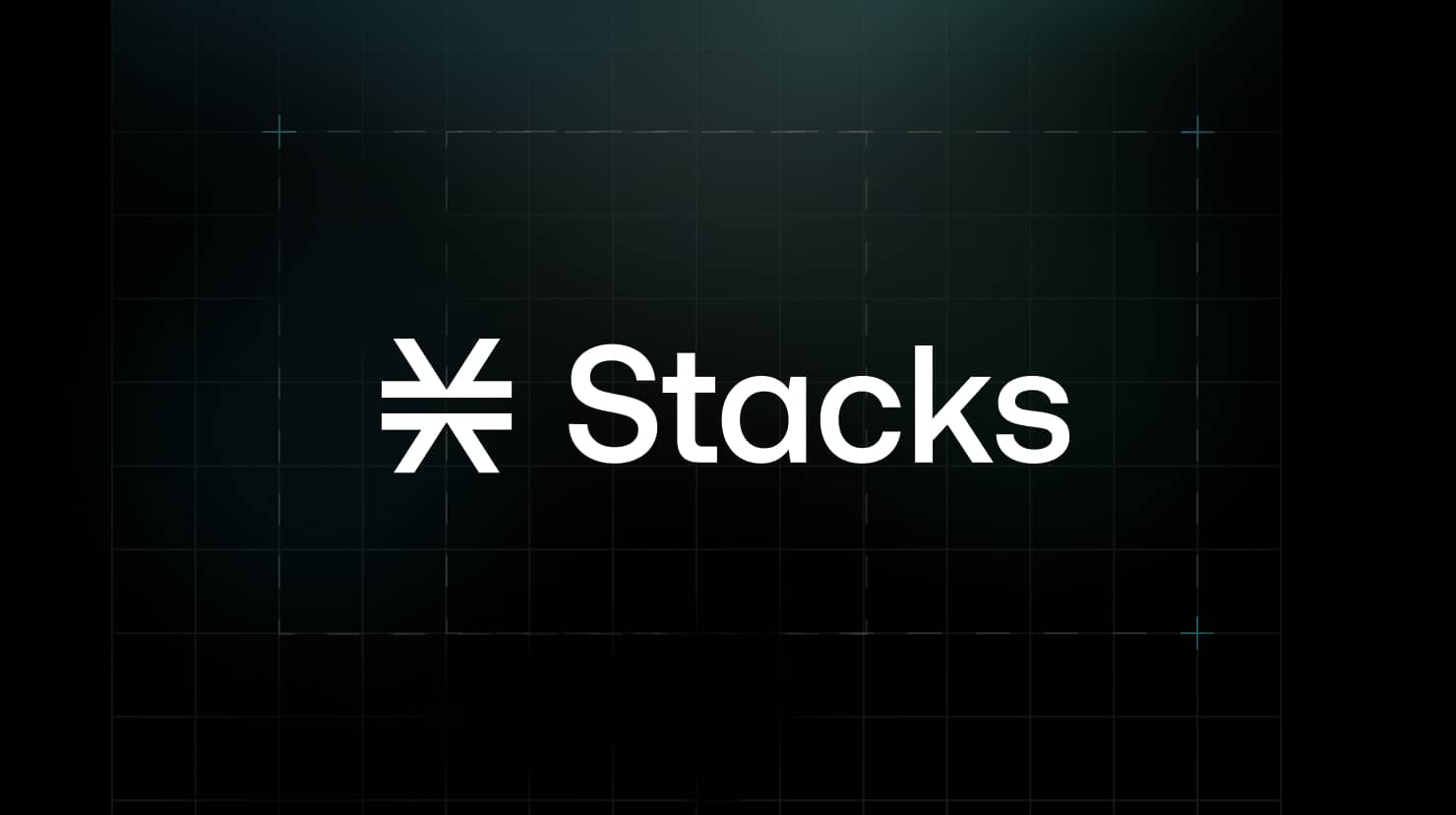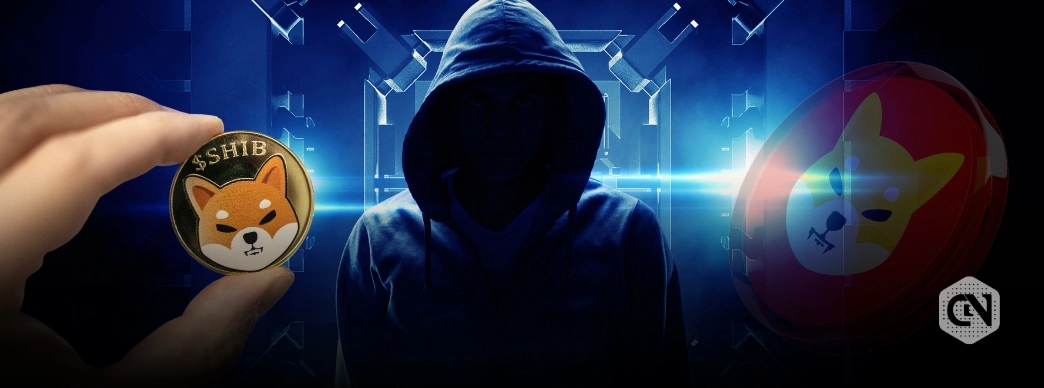Shytoshi Kusama, the lead developer of the Shiba Inu project, has confirmed the development of a “Burn Portal” for the Shibarium protocol. This announcement comes as the protocol continues to gain traction, following its successful relaunch after an initial setback in mid-August.
Lucie, a renowned SHIB influencer, shared a screenshot where Kusama confirmed the development of the Burn Portal. This was in response to a query from a community member on Telegram about the burn portal. “Burn will not and are not end all be all. We absolutely must increase adoption. But burn portal is in the works,” Kusama stated.
Burning tokens is a fundamental mechanism within the Shiba Inu protocol, where SHIB tokens are consistently burnt. The burns are designed to help increase the price of SHIB by reducing the amount of tokens in circulation. However, due to the enormous SHIB supply, a large number of burns is needed to have any influence on the price.
The burn portal is designed to facilitate the token burning process, a mechanism integral to the Shiba Inu protocol. According to documentation released in March, the portal will enable users to initiate a token “burn” during transactions, with 70% of the base fee being burned and the remaining 30% allocated for network maintenance. The burn process is triggered once $25,000 worth of BONE tokens accumulate in a dedicated contract, thereby removing SHIB tokens from circulation and contributing to the token’s deflationary mechanics.
Shiba Inu Adoption Over Burns
However, Kusama’s statement suggests a broader vision. While acknowledging the importance of the burn portal development, he emphasized the ultimate objective for the ecosystem is to enhance the adoption and utilization of the Shibarium protocol.
This perspective aligns with the sentiments of renowned Shiba Inu influencer, LucieSHIB, who recently commented, “We need to use Shibarium. It won’t burn SHIB if you don’t use it! Onboarding millions of people to Shibarium will take time and community effort.” LucieSHIB further pointed out that details about burns have been available on Shibarium’s official documentation for over half a year. She also highlighted the correlation between increased Shibarium usage and rising gas fees, stating, “The more you use Shibarium, the higher the traffic, which drives up gas fees.”
Kusama’s emphasis on adoption over burning resonates with the broader crypto narrative. Both mechanisms aim to ensure a robust circulation of the associated token and decrease the overall SHIB supply, ultimately enhancing its inherent value in the long term.
The Shibarium protocol, after recovering from its initial failed launch in August, is now on a trajectory of innovation. Plans are afoot to onboard more validators to fortify the ecosystem and to secure the ecosystem and to revoke the contract address of the scaling solution’s native token, Bone Shibaswap (BONE).
With the introduction of the burn portal, Shibarium seems poised to integrate a suite of innovations, potentially bolstering interest from both investors and users in the Shiba Inu ecosystem. The platform’s recent milestones, including surpassing one million transactions and accumulating over 1.1 million wallet addresses, further underscore its growing prominence in the crypto space.
At press time, SHIB traded at $0.00000752.
Featured image from Coinmarketcap, chart from TradingView.com
Credit: Source link















































